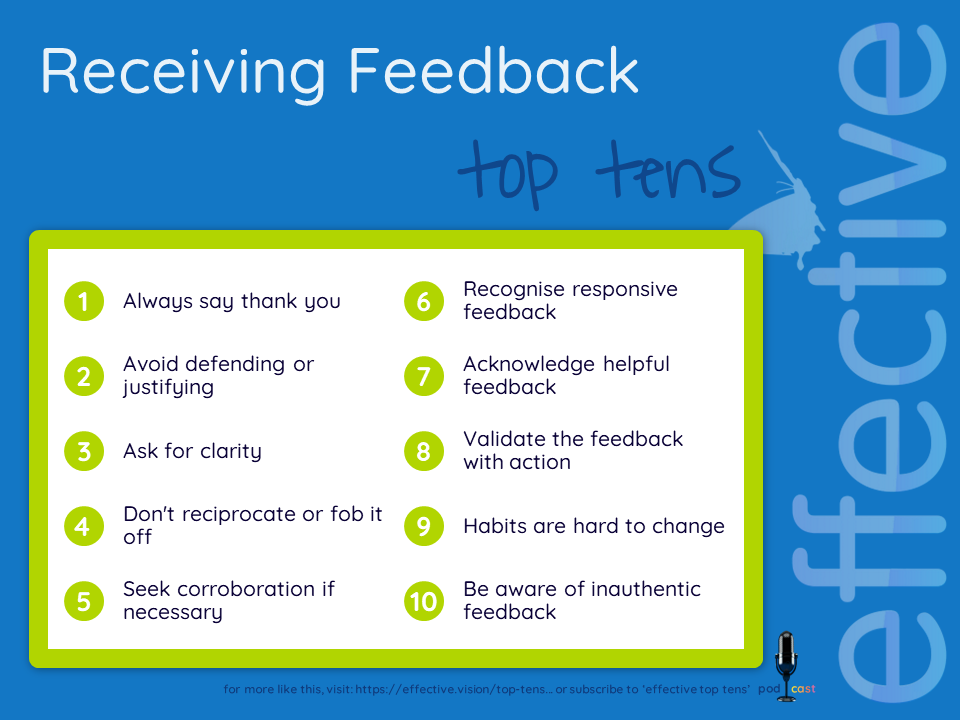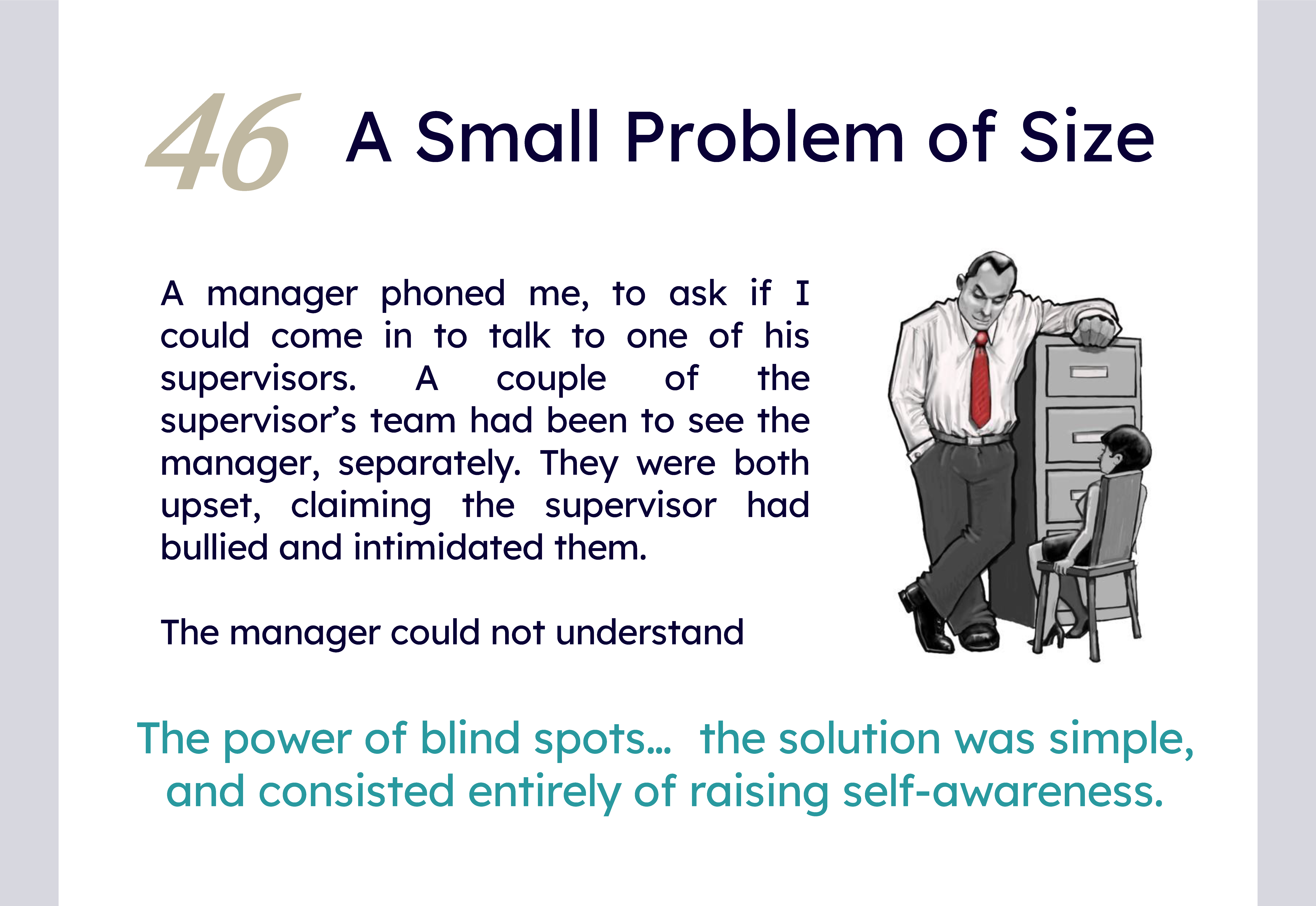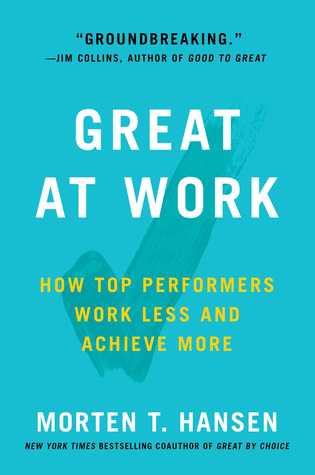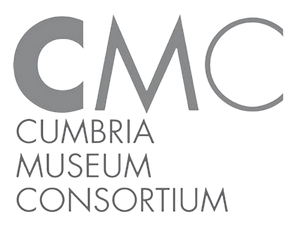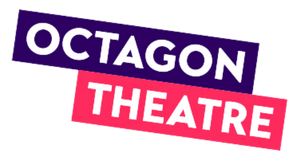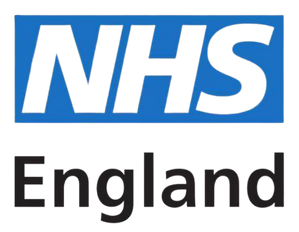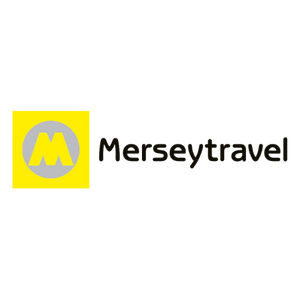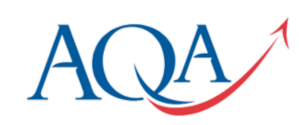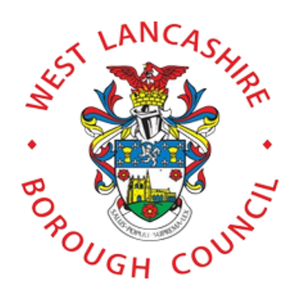Reflective Practice
Professional Development Training
Do you or your staff spend enough time thinking about a situation before taking action - or reviewing actions already taken?
With the now-proven dominance of System 1 thinking, and its instant, intuitive nature, we may need to make more of a conscious effort to invest in reflective practice to improve decision making and learning.
Ready to book? You can now book online. Pay now or later by invoice - your choice.
view availability & bookReflective Practice Workshop Content
What is reflective practice?
"Learning does not come from experience - it comes from reflecting on that experience". Reflective practice, however it is done, is the process that converts experience into learning...
How to do it
Reflective practice can take several forms - here are three ways of ensuring constructive reflection takes place.
Key skills
It's not enough to set up a structure and process; those involved must have the necessary skills to ensure the practice is appropriately focused, asks the right questions, and delivers learning insights.
Challenges - and how to overcome them
Most people will sign up to reflective practice as a worthwhile activity - but that doesn't meant it takes place. We identify the likeliest obstacles, and how to prevent them occurring, or how to deal effectively with them should they arise.
What next?
Some people take action without appropriate reflection; but some people also engage thoroughly in reflection - without taking appropriate action. Have you ever experienced reading - or even producing - a report with lots of useful situational analysis and ideas, but without any follow up action taking place? Here are some suggestions to help you convert reflection into action.
Who is Reflective Practice training for?
Our reflective practice training courses are ideal for anyone who wants to improve their own or their team’s ability to use reflection in a more routine, regular and disciplined way. In particular they are helpful if anyone wants to:
 Understand what ‘reflective practice’ means.
Understand what ‘reflective practice’ means.
 Be able to select from a number of reflective practice models.
Be able to select from a number of reflective practice models.
 Develop key reflective practice skills.
Develop key reflective practice skills.
 Overcome obstacles, including a failure to take appropriate action.
Overcome obstacles, including a failure to take appropriate action.Prefer to talk to a human?
We'd love to (e)meet you. Book a video call now and we can have a vitual coffee and chat about what you're looking for.
schedule a chatReflective Practice Workshop Activities
The approach begins with clarifying what reflective practice means, and why it is important; the next step is to examine key models, skills and potential obstacles; the final step is to provide plenty of opportunity to try out and develop key models and skills.
Never 'death by powerpoint'
We always provide a variety of learning approaches in each of our workshops.
Each workshop typically includes learning input from the trainer, supported by a range of mixed media, interactive elements, discussion and group work. Most workshops also include case work and practical skill-development activities to apply the learning, with more time dedicated to this in the longer courses.
'Want more?' resource pack
In addition to providing a copy of any slide deck, we always provide a ‘want more’ section, of curated resources including book summaries, podcasts, downloads and articles.
My attention can easily wander, but this was never the case here, largely due to the variety of learning approaches used. Never a dull moment!
What are the benefits of Reflective Practice training?
Reflective Practice Frequently Asked Quesitons
Doesn't reflective practice occur naturally?
In some cultures - particularly learning cultures - it might. But it's not guaranteed to happen - partly through lack of commitment or skills, but also due to it not being regarded as a priority, especially in 'busy' organisations.
Is 'RP' an end of task activity, or something more continuous?
It can of course be both. The two terms 'monitor' and 'review' capture this well. Reflective practice can occur as part of any formal or informal monitoring process, and can also be part of an end of task or project review. They key point is, learning should take place whenever the opportunity arises - and reflective parctice is a good way of ensuring this.
Is reflective practice best done individually or in a group?
Both are appropriate, but which is used may depend on a number of factors. For example, it's perhaps easier to get individuals to reflect than to gather a team together to do it; but the reflection may be richer within a group...
Which of these courses should I take?
The best answer may like in which two words in the title are most important. If there is a need to understand how reflection works, and the key skills used, then the shortest and half day programmes will be most important. If there is a need to learn by putting the process into practice, then the full day course may be the best option.
Related courses & resources...
Giving & Receiving Feedback
Frontline Customer Service
Top Ten Tips on...
Receiving Feedback
Feedback, Performance & Workplace Relationships
'A Small Problem of Size'
Book Review:
Great At Work
by Morten T Hansen
Don't like to email?...
That's ok. We love to pick up the phone.
... Or you can message us on whatsapp.
We'd love to e-meet you... let’s go for a virtual coffee :)
For workshops and coaching sessions, you can check availability & book using the form below. Pay now online, or later by invoice - it's up to you.
